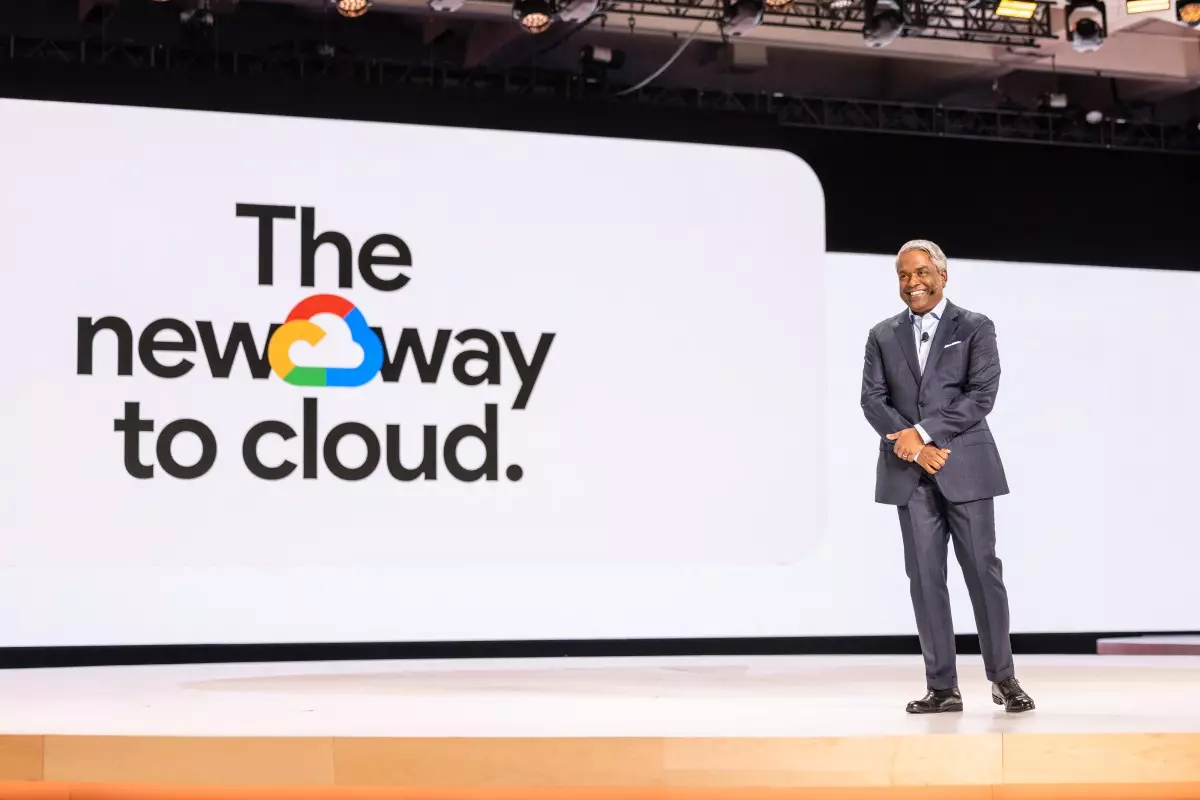In the ever-evolving landscape of artificial intelligence, Google Cloud recently made waves during its annual conference in Las Vegas. With the introduction of game-changing technologies such as the next-generation AI processing chip, Ironwood, and the new AI model, Gemini 2.5 Flash, Google showcased its unwavering commitment to maintaining a leading edge in the arena. This conference was not merely a showcase of new hardware, but a strategic positioning for Google Cloud as a formidable competitor in the AI realm, capturing the attention of countless tech enthusiasts and industry leaders alike.
The announcement went beyond hardware and models, presenting a robust lineup of AI startups committed to utilizing Google’s cloud infrastructure. These startups are not only carving pathways in their respective fields but are also essential components of Google’s strategy to enhance its service offerings and, ultimately, its market share. This ambitious move reflects Google’s keen understanding of the ecosystem; by investing in rising AI stars, it aims to create an expansive network of services that lean heavily on its cloud capabilities.
Star Power in Startup Collaborations
Among the most intriguing partnerships announced was with Safe Superintelligence (SSI), founded by Ilya Sutskever, a notable figure in AI development from OpenAI. This collaboration is emblematic of Google’s strategy to align itself with industry innovators who are not just looking to use cloud resources but are aimed at pushing the boundaries of what AI can accomplish. SSI’s focus on ethical AI resonates within the current discussions globally, making this partnership highly significant in terms of public perception and technological advancement.
Similarly, the engagement with Anysphere, known for its AI-enhanced code editor, Cursor, is positioning Google Cloud against formidable competitors like Microsoft. With Cursor’s recent valuation soaring to $10 billion, this partnership is a testament to the startup’s impressive growth trajectory and its reliance on Google Cloud for superior performance. The cross-pollination of ideas and technologies among these entities ultimately strengthens the overall infrastructure that allows AI applications to thrive.
Investments with Major Impacts
Google’s concerted effort to partner with top-tier startups like Hebbia, Magic, and Physical Intelligence undergirds a clear trend: it is not just about providing cloud services, but about fostering innovation. Hebbia, for instance, is transforming the legal sector by enhancing document search capabilities with AI-powered solutions, all while leveraging Google’s sophisticated models to improve its offerings. The $130 million raised in its Series B funding round illustrates a booming interest in legal tech, an area ripe for disruption.
Physical Intelligence is another riveting player within this ecosystem. With a foundational mandate to develop robotics software, its collaboration with Google positions it favorably amidst late-stage investors, enhancing both credibility and capital access. This is indicative of a broader movement where partnerships are paramount; they not only provide resources but also reinforce narratives that allure additional investment.
The European AI Wave
Companies like Photoroom and Synthesia represent the vibrant European AI scene, attracting significant investment while utilizing Google Cloud for their emergent technologies. Photoroom, specializing in AI-driven photo editing services, among other capabilities, epitomizes the creative application of AI in everyday life. Meanwhile, Synthesia’s commitment to realistic AI avatars underscores the diverse applications this technology can manifest, fueling interests across industries from entertainment to education.
Such startups are invaluable not only for their innovations but also for their role in reinforcing Google’s competitive stature among cloud service providers like Microsoft Azure and AWS. The addition of Lightspeed as a venture capital partner further amplifies this strategy, opening pathways for portfolio companies to access specialized AI technologies, and in doing so, creates a conducive environment for experimentation and development.
Through its efforts at the Google Cloud Next conference, it’s clear that Google is not simply asserting dominance in the AI sphere; it’s intricately weaving a complex tapestry of innovation through collaboration. The relationships forged during this event signal a future where Google’s cloud computing capabilities will be intrinsically tied to the growth trajectories of its partner startups, heralding a new era of technological advancement. The stakes are rising, and Google is perfectly positioned to capitalize on the unfolding revolution.

